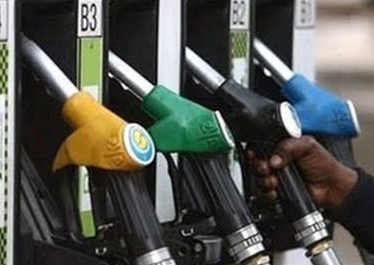
Mumbai, October 3: In Pakistan, oil companies slashed petrol prices by Rs 6 a litre effective Monday. Will their Indian counterparts follow suit? Consumers can only hope so, even though the fall in global crude prices and the rupee's rise against the dollar means that state-owned oil marketing companies are now earning profits on petrol.
Back-of-the-envelope calculations suggest that oil firms have been making profits of around Rs 2 per litre since September 16, but have so far not passed on the gain to consumers. The calculations are based on a thumb rule formula given by IndianOil chairman R S Butola, which says that every time the Indian currency gains a rupee against the dollar, petrol become cheaper by 77 paise. Similarly, for every one-dollar fall in crude oil prices, petrol prices become cheaper by 33 paise.
The average price of the Indian basket of crude oil has fallen by $3.74 to $109.9 during the fortnight of September 16-30 compared to the price of $113.64 in the previous fortnight. During this period, the Indian rupee strengthened against the US dollar by Rs 1.82 to Rs 53.65, compared with Rs 55.47 in the previous fortnight.






Comments
Add new comment